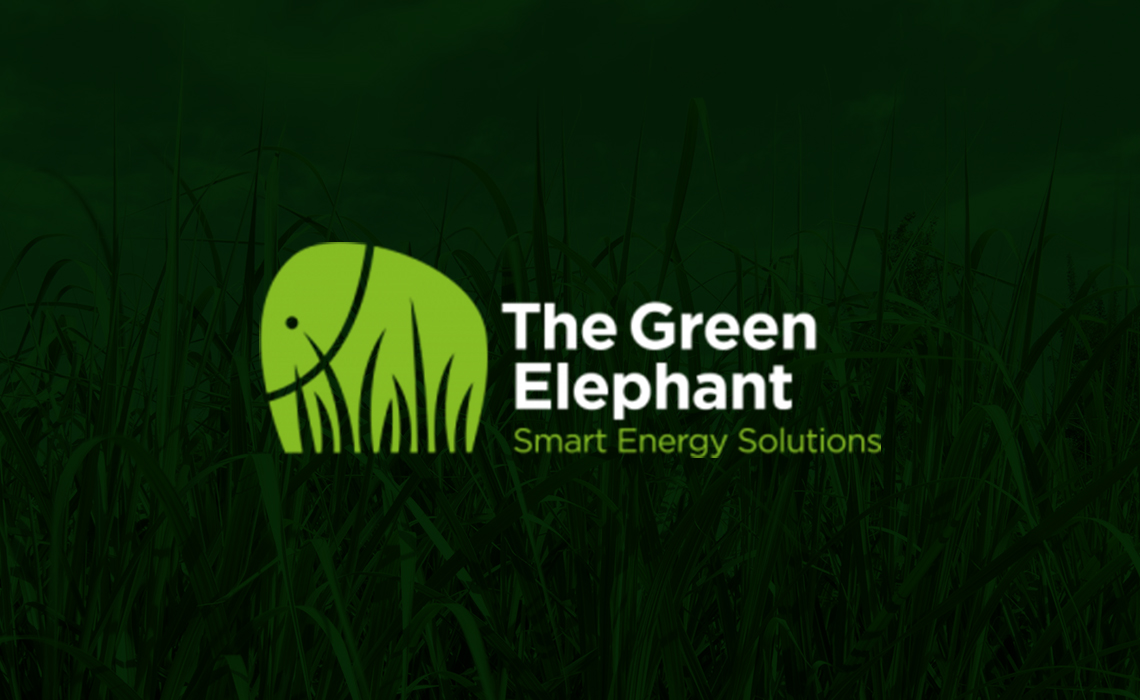
Goal 1: No poverty
End poverty in all its forms everywhere.
By offering employment opportunities to now 28 staff and future projections of in excess of 250 staff we can impact the lives of many families. We offer a living wage which ensures even the lowest paid are able to live full lives.
By investing in sustainable business practices, we will help eliminate the causes of climate change and reduce the impact on people and their livelihoods.
Risks: Achieving Goal 1 is hampered by growing inequality, increasingly fragile statehood and the impacts of climate change.

Goal 2: Zero hunger
End hunger, achieve food security and improve nutrition, and promote sustainable agriculture.
(Three pathways to achieve this were identified: 1) agriculture-led; 2) social protection- and nutrition- intervention-led; or 3) a combination of both of these approaches).
Our energy grass when transformed into fresh feed, silage or feed blocks has a direct impact on livestock output (higher milk yields, improved livestock health (reproduction) and consequently on family incomes providing more income to pay for food and education.
Also, our briquettes ensure security of fuel supply for the cooking of food or heating.

Goal 3: Good health and well-being for people
Ensure healthy lives and promote well-being for all at all ages.
TGE briquettes/pellets together with efficient stoves help eliminate Indoor Air Pollution (IAP), thus improving the lives of mainly women and children currently exposed to dangerous levels of CO2 and particulate matter.
TGE pays a liveable wage giving our workers and their families every opportunity to lead healthy lives (purchase of food and clean energy, access to medical assistance, etc.)
TGE has a strict health & safety policy to ensure employees are not harmed in their daily tasks.

Goal 5: Gender equality
Achieve gender equality and empower all women and girls.
TGE supports gender equality and offers all positions within the company to women and men. Currently ~40% of our workforce are female and there is no reason why this percentage cannot increase in the future.
Our employment contracts state that gender discrimination of any form will not be tolerated and if proven, can result in instant dismissal.

Goal 7: Affordable and clean energy
Ensure access to affordable, reliable, sustainable and modern energy for all.
TGE strives to provide viable and sustainable options to firewood and charcoal as the main sources of fuel. Our briquettes and pellets will not only be cheaper (in urban and peri-urban areas) than other forms of fuel but we will have a much lower carbon footprint.
Our quality controlled production process ensures our products will perform consistently at the same level irrespective of climate season or use.

Goal 8: Decent work and economic growth
Promote sustained, inclusive and sustainable and economic growth, full and productive employment and decent work for all
TGE will help reduce youth unemployment and offer training courses to ensure the appropriate skills are available as an when required.
We will support economic growth through our paying of PAYE, NSSF (National Social Security Fund) and LST (Local Services Tax), as well as VAT on our products. The transition away from the current uncontrolled fuel market to a more transparent economy will help support the Govt. to roll out infrastructure projects and improve education and medical services.

Goal 9: Industry, innovation and infrastructure
Build resilient infrastructure, promote inclusive and sustainable industrialization, and foster innovation.
The TGE Centre of Excellence will enhance local access to state of the art technology either through energy grass research or through partnerships with other companies e.g. methodologies for extraction of protein from plant materials.
Also, TGE will help establish industry standards by leading the way in quality and carbon footprint.

Goal 11: Sustainable cities and communities
Build resilient infrastructure, promote inclusive and sustainable industrialization, and foster innovation.
The payment of a liveable wage will enable employees to rent or buy appropriate accommodation with access to utility services outside of city slums or informal settlements. The upwards mobility of people will encourage further development of services.

Goal 12: Responsible consumption and production
Ensure sustainable consumption and production patterns.
TGE supports and strives to achieve zero waste in all its processes whether energy grass or briquette/pellet based. All our packaging is intended for multi-use and attracts a deposit to encourage re-use.
TGE uses the “waste” of other industries (forestry, carpentry, agriculture, etc.) to manufacture sustainable and economical alternatives to market status quo.

Goal 13: Climate action
Take urgent action to combat climate change and its impacts by regulating emissions and promoting developments in renewable energy.
TGE intends to be at the fore front of renewable energy and the application thereof (e.g. CHP electricity generation).
When using energy grass to manufacture TGE briquettes and pellets we will be CO2 negative as the high yielding grasses will absorb more CO2 than they will emit during the burning process.
The energy grass will regenerate soils and improve bio-diversity. The energy grass does not need fertile land and therefore is not a competitor for a limited resource. However, the plantation can be used for consumable agriculture once the soil has been improved thus improving income streams for local communities. This has been achieved in Thailand where paddy fields have been restored to their initial potential by planting high energy grass to enrich the soil structure.

Goal 15: Life on land
Protect, restore and promote sustainable use of terrestrial ecosystems, sustainably manage forests, combat desertification, and halt and reverse land degradation and halt biodiversity loss.
The TGE plantation of high energy grass hybrids will improve bio-diversity and soil structure as has been proven in a number of research project. Land lost to drought and flooding will be restored along with animal life.
The energy grass hybrids are non-invasive as they do not seed and the root structure can be easily controlled within a designated area well away from waterways.




